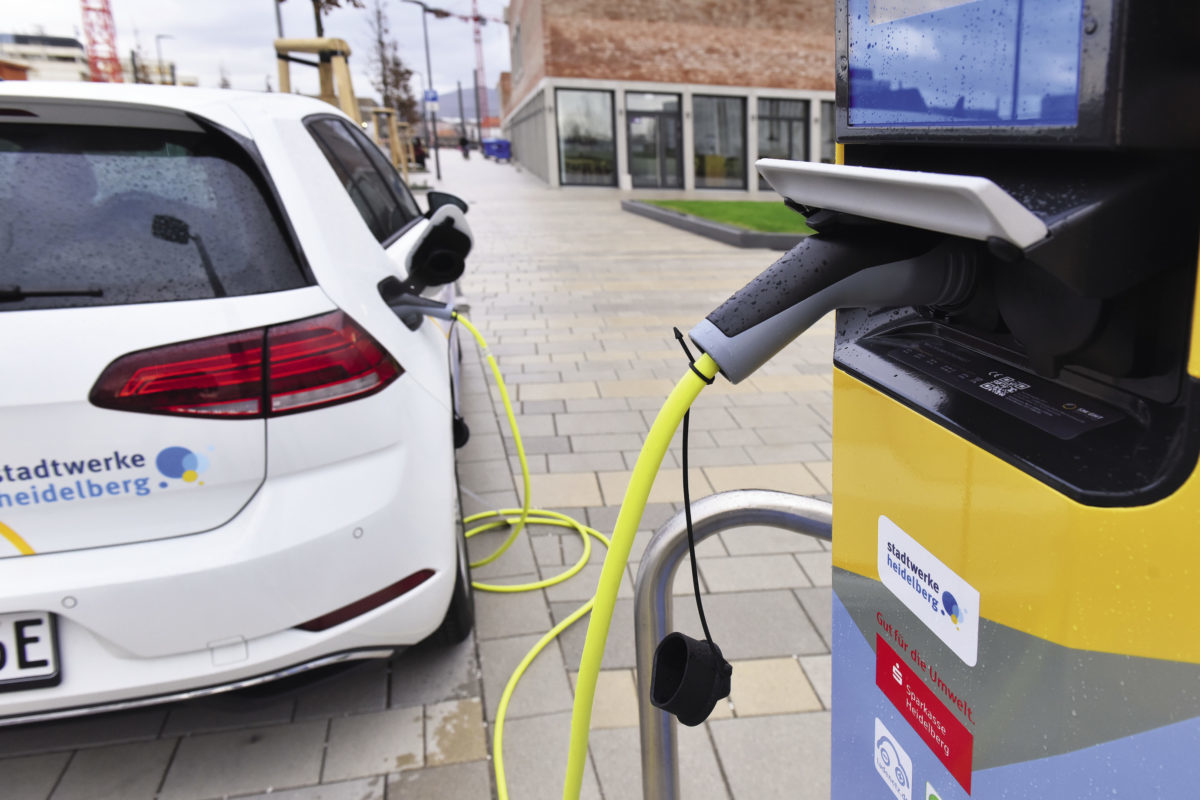The Federation of Chambers of Commerce and Industry (FICCI) has suggested to the government a series of measures to enhance demand and investments in the electric vehicle (EV) sector despite the recent Covid-prompted disruptions.
These suggestions have been submitted to government policy thinktank NITI Aayog, Department of Heavy Industry under Ministry of Road Transport and Highways, and other relevant authorities in the government.
FAME II extension and subsidy support
FICCI has recommended a two-year extension of the second phase of Faster Adoption and Manufacturing of (Hybrid) and Electric Vehicles (FAME II) scheme to 2025, along with short-term ‘Booster Incentives’ for 12 months under the scheme.
“This should be done within the overall existing budget allocation of Rs 10,000 crore for Fame II,” it said, adding “booster incentives will help create demand for EVs in the short run and continue the momentum.”
The government can consider extending subsidy support for electric two-wheelers and electric three-wheelers with swappable batteries to encourage EV eco-system creation.
Further, to increase EV uptake, FICCI recommended retail finance for electric vehicles to be made part of priority sector lending.
The government can also come up with a policy that incentivises all major e-commerce players for converting their last-mile delivery operations to all-electric by 2025, beginning with year-wise targets (20% by 2021, 50% by 2023 and 100% by 2025), it said.
R&D and Make in India
FICCI has recommended a Rs 10-crore support towards setting up in-house R&D infrastructure to come up with Make in India products and develop advanced technology for electric two-wheelers.
A clear policy that incentivizes local players to invest in battery cell manufacturing is essential for the country to move away from the import of lithium-ion cells.
Sulajja Firodia Motwani, Co-Chair of FICCI EV Committee and Founder and CEO of Kinetic Green said, “We should pitch to encourage existing auto component makers to invest in EV components and also to attract investment in India for EVs and EV components, especially battery, powertrain components like electric motors, controllers, chargers, converters, etc. For this to happen, steps must be taken urgently for demand creation for EVs. Otherwise, we will suffer a chicken-and-egg situation.”
As the government pushes for EV adoption, it needs to extend adequate and proportionate support to all xEV technologies such as plug-in hybrid electric vehicles, strong hybrid electric vehicles and fuel cell electric vehicles.
Shekar Viswanathan, Chairman, FICCI Electric Vehicle Committee and Vice Chairman & Whole Time Director, Toyota Kirloskar Motors said, “Worldwide the automobile sector is undergoing a transformation with various technologies, and it is essential that India is also a part of this change and take a leadership role.”
“Therefore, for innovative and vibrant industry and to attract investments for newer technologies, it is necessary that Government policies are technology agnostic. The key national objective to be met is the reduction of carbon emission. Just as the government has wisely introduced BS-VI fuel ahead of time, India must encourage all those technologies that will progressively reduce carbon footprint.”
Palash Roy Chowdhury, Co-Chair, FICCI EV Committee and Co-Founder, Chairman & MD of Smart E added, “We should outline a clear nationwide policy to phase out old, pre-BS IV ICE vehicles being used in public transport. Under this policy, a set of pilot cities (with most pollution and urban congestion) can be selected with a time-bound policy roadmap to phase out polluting public transport vehicles mandatorily.”
“The roadmap should be designed to incentivise vehicle conversion/migration to environmentally sustainable electrified vehicle technologies starting with the lowest capital impact category, such as 2-/3-wheelers, followed by public transport buses and then four-wheeler taxis.”
This content is protected by copyright and may not be reused. If you want to cooperate with us and would like to reuse some of our content, please contact: editors@pv-magazine.com.









By submitting this form you agree to pv magazine using your data for the purposes of publishing your comment.
Your personal data will only be disclosed or otherwise transmitted to third parties for the purposes of spam filtering or if this is necessary for technical maintenance of the website. Any other transfer to third parties will not take place unless this is justified on the basis of applicable data protection regulations or if pv magazine is legally obliged to do so.
You may revoke this consent at any time with effect for the future, in which case your personal data will be deleted immediately. Otherwise, your data will be deleted if pv magazine has processed your request or the purpose of data storage is fulfilled.
Further information on data privacy can be found in our Data Protection Policy.